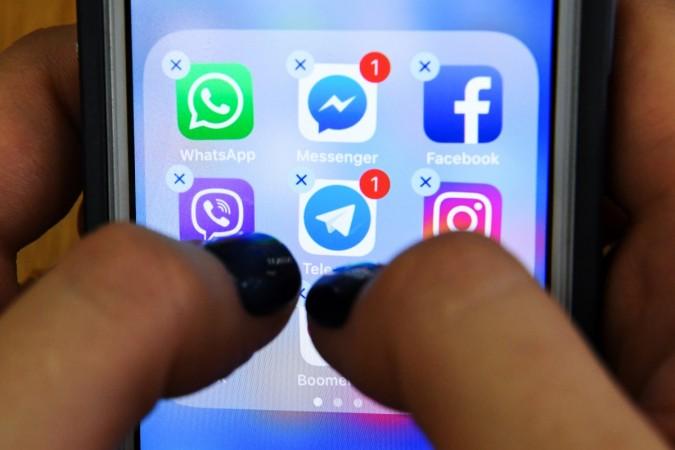WhatsApp snooping row has haunted the nation ever since the Facebook-owned messaging app came clean with the massive privacy breach. The Indian government came under the spotlight after reports of spying on hundreds of people in India, including journalists, human rights activists, lawyers and academics.
WhatsApp claimed that the cyber espionage that took place on its platform was done using Pegasus, a spying software developed by an Israeli firm NSO Group. The malicious spyware can steal stored data and intercept real-time communications, which rendered the app's 256-bit end-to-end encryption useless.
The WhatsApp surveillance scandal involving Pegasus was put up for discussion in front of the parliament. Union Minister Ravi Shankar Prasad took up the discussion by giving a background of the Pegasus scandal. Prasad defended the Centre during his Raj Sabha address. He said the government is committed to keeping the data of people safe.
"On 5 September, 2019 WhatsApp wrote to CERT-In providing an update to the security incident reported in May 2019 stating that while the full extent of this attack may never be known, WhatsApp continues to review the available info. It also mentioned that based on WhatsApp data available, they believe that the attackers may have attempted to reach the devices of approximately 121 users in India. We are striving towards making messaging platforms more secure," Prasad said, addressing Rajya Sabha on the snooping scandal.

Opposition's hard-hitting questions on Pegasus scandal
The members of the parliament raised several concerns and some hard-hitting questions on the Indian government's involvement in the surveillance. Congress leader Digvijay Singh, CPI (M) leader KK Ragesh and RJD's Manoj Kumar Jha raised some challenging questions and concerns in the parliament while Prasad tried to answer them.
"Snooping is not a practice in consonance with political ethics," Jha said, while raising concern that many politicians raised fears of using WhatsApp following the scandal.
"Did govt. agencies purchase and use Pegasus spyware to intercept data, in contravention of Supreme Court directions? Singh asked
"How is it that the people targeted by #Pegasus spyware all belong to the category who questions government on many policies?" Ragesh questioned.

"Can the govt. ensure it did not intercept data using Pegasus and use it against its targets in the courts?" asked.
Singh also demanded a Joint Parliamentary Committee be set up to probe the breach. "I appeal to all the parties to constitute a Joint Parliamentary Committee (JPC) and investigate this sensitive issue as it is connected to our fundamental rights and national security," he said.
Government's response
Prasad answered the questions raised by the members of the parliament. The government's involvement in the snooping scandal was the question of the hour and Prasad said "no unauthorised inception has been done" by the government.
"SC has upheld privacy as fundamental right. India is in the forefront of global discourse on privacy. But SC has also upheld reasonable restrictions on right to privacy. A terrorist has no right to privacy. A corrupt person has no right to privacy," IT minister exclaimed.
Prasad cited Section 69 of IT Act and Section 5 of Telegraph Act that allows the government to intercept and decrypt data in the interests of national security. But he also noted that the Data Protection law is being consulted widely to bring in a robust law.
RS Prasad also highlighted that the scandal is being used as a political weapon. "There are provisions in IT Act, as per Section 56, for filing a complaint on the ground of breach of privacy. No person has made any single complaint or FIR on the issue of breach of privacy. But names appear in media and issue is made political," he noted.














